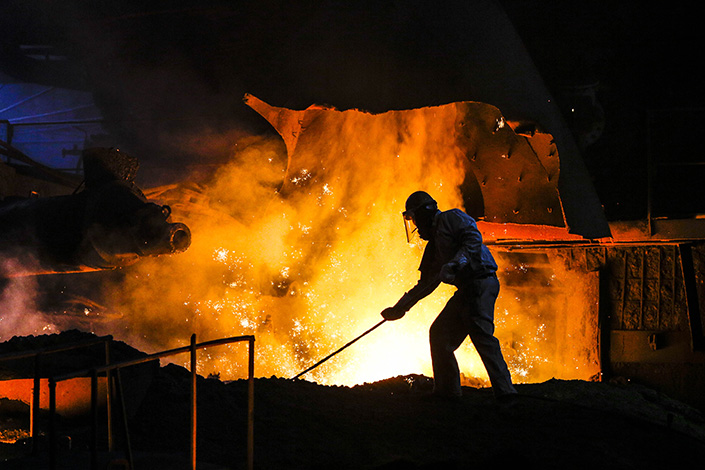Today, steel and iron ore prices in China fell to multi-month lows, fueled by declines in both futures and physical markets due to declining production, electricity problems, falling demand for steel and an oversupply of iron. ore.
On November 2, on the Shanghai Futures Exchange, the most actively traded rebar contracts fell 279 yuan per tonne per day to their lowest level since February 3 this year and are quoted at 4230 yuan per tonne. Likewise, the most actively traded hot rolled coil contract in January 2022 ended the trading session on November 2 at 4,601 yuan /ton, the lowest level since February 19, down 225 yuan /tonne since November 1.
The collapse also affected prices for rebar in Beijing, which closed on November 2 at 5,200 yuan per tonne ($ 812 per tonne) including VAT. This is the lowest figure since August 19.
Market sources struggled to find the cause of the sharp downturn on November 2, with some explaining that the correction in iron ore prices put pressure on steel products, while others believed the opposite was true.
On the Dalian Commodity Exchange, the most actively traded iron ore contracts in January 2022 fell to 565.50 yuan per ton. This is the lowest level of quotes since April 2020.
Iron ore stocks at major Chinese ports have been increasing since July amid production cuts necessary to meet China's 2021 liquid steel targets.
According to industry sources, China's ore reserves exceeded 144 million tonnes by the end of October.
Grim prospects are exacerbated by the impending winter in China. Not only is this usually the slowest season for China's steel industry, this year is also expected to be colder than usual in winter.
Since September, China's steel industry has been hit by an energy crisis that has hit both steel production and demand. According to market sources, this was felt in at least 12 provinces, including Heilongjiang, Inner Mongolia, Shandong, Jiangsu, Zhejiang, Sichuan, Guizhou, Yunnan, Guangdong and Guangxi.
Another factor reducing the demand for steel is the slowdown in economic growth and tighter credit conditions.
Given this downturn, market expectations for the fourth quarter are getting worse and seemingly more negative as the decline in steel demand is likely to exceed the decline in production.




